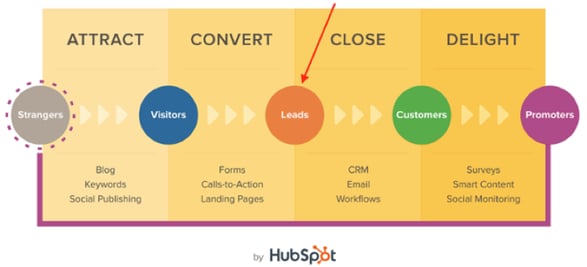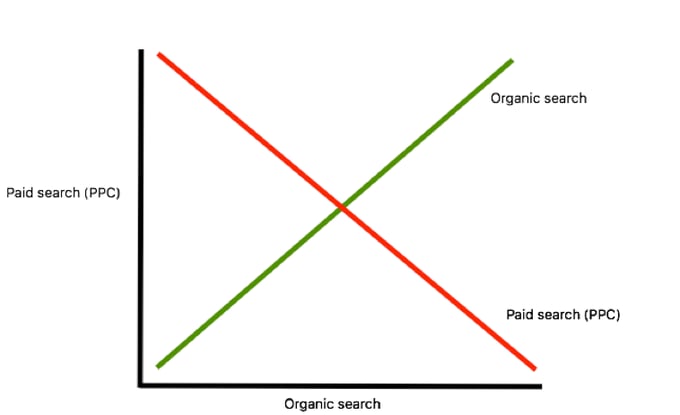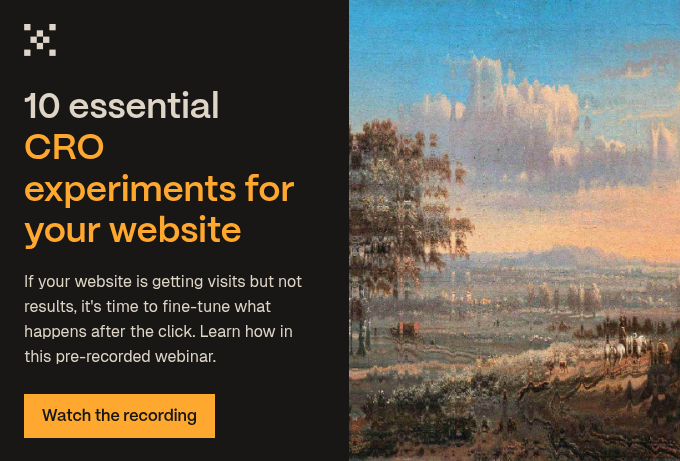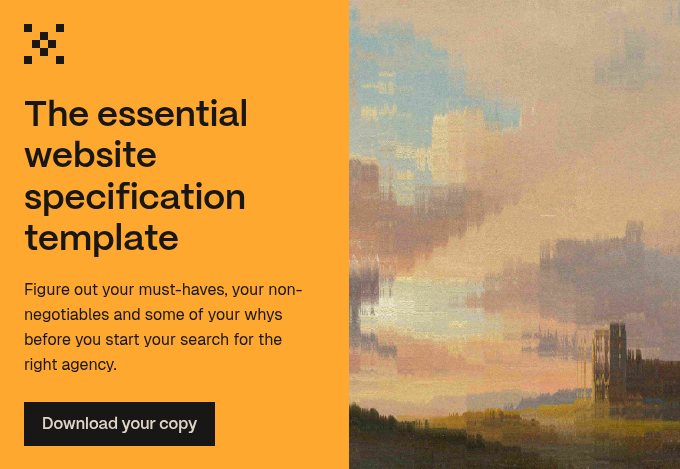Search engine optimisation (SEO) and pay-per-click (PPC) are two critical aspects of digital marketing. Both can help to build an online audience, generate website visitors and capture leads. But, what do these terms mean? And better yet, how are they useful to your business?
Inbound marketing: a quick recap
Inbound marketing is technique for drawing (and converting) potential customers via your website, through the development and promotion of content. As HubSpot’s inbound methodology states, you need to attract, convert, close and delight your customers.

As a new or smaller business, you have to build an authoritative, trustworthy voice. It’s a big hill to climb. You’re competing for a space on page one of Google, and considering a third of all internet users click the first Google search result, it’s important to rank well.
By adopting PPC and SEO strategies, you increase your chances of finding and retaining an engaged audience. Prioritising these strategies early on gives your business a greater chance of driving traffic to your website and, consequently, closing more deals.
Although both approaches are valuable, they have different agendas. This affects how you should prioritise your approach. Here’s what you need to know.
Pay-per-click: the essentials
The core difference between SEO and PPC is that PPC doesn’t benefit your company’s ranking on search engines. PPC is simply a form of advertising that helps you drive traffic. None of it is organic.
That said, young businesses often don’t have the resources to drive organic traffic to their website. Creating effective content takes time. By paying for advertising, you can get people onto your site at this early stage and increase the chance you will convert on an offer. When PPC is performed well, visitors (and their friends or colleagues) will return through organic means, which then influences organic traffic.
But why bother measuring PPC?
For B2B businesses who provide a service, measuring pay-per-click is redundant. The number of users that visit your website is meaningless if you’re unable to convert them into active, marketing-qualified leads. They are the browsers, you want the buyers. So, what should you be measuring? Cost-per-lead (CPL).
Cost-per-lead is tangible, allowing you to calculate your ROI and justify your advertising spend. Pay-per-click, however, is not. Stop wasting your money.
A tip for using PPC effectively is to use directed advertising that works to convert visitors into leads. We only promote premium content that is gated behind a landing page and requires the visitor to fill in a form. That way, we can measure how many form-fillers (leads) we have, and calculate an effective ROI. If our sales tactics are good enough, we’ll likely close more deals.
Search engine optimisation: the essentials
Search engine optimisation is about running content campaigns that aim to improve your overall rank on search engines. There are many factors involved in effective SEO:
- Keyword research
- Article ideation (based on keywords), curation and editing
- Link-building to improve domain authority
- Search engine optimisation at the point-of-upload
Writing a blog post and publishing it on your website is a useless tactic for building website visitors if you don’t integrate SEO into the process.
Like some PPC campaigns (Google AdWords, most notably), SEO is built on the foundation of keywords. A user enters a keyword into Google and is rewarded with search results. Your aim is to be the most trusted source of knowledge for peoples’ queries.
For example, if you type the title of this article (‘what is the difference between SEO and PPC?’) into Google, we’d want this blog post to be the first thing that you see and click on. Hopefully that’s how you got here. So now, we have a website visitor. Perhaps you will fill in a form or contact my boss because you’re interested in hiring us as a client. Your choice. If you do, our search-engine optimisation has paid off.
By adopting SEO practices, then, it gives your content a chance to rank well, which should improve how many website visitors you receive. How well you nurture those visitors is the next step in the journey.
Short term vs. long term: what’s better?
Marketing your business is a marathon. Pace yourself. Otherwise, you’ll run out of energy (by which we mean money) and you won’t reach your goals. Sure, it’s important to get a head start, but don’t let that initial pace define your journey.
This is a bad metaphor for an important topic. Apologies. Let me put it this way: PPC will offer you short term gains. If you spend enough, you will see more website visitors, more leads and, if you manage your campaign properly, more deals. But it isn’t a cost-effective solution to building an online presence, and as soon as you pull the plug on funding you’ll be right back where you started.
SEO, then, is the long-term approach. It’s about using consistency with content to develop a loyal, engaged audience of repeat customers. More importantly, it’s about optimising your website for the user experience by creating an educational, trustworthy blog that tells search engines you’re a reputable source of information. And that blog isn’t going anywhere.
For optimal results, conduct both
We recommend that businesses beginning their marketing journey invest in content marketing and SEO, and use PPC to promote this content as much as their budget allows. As organic traffic builds, PPC can be scaled back and used as a tool to promote specific offers and bolster leads in areas of relevance. Here’s an example diagram:

In a nutshell: SEO should be at the foundation of everything you do. It’s your ticket to a loyal audience on the web. But, deploy PPC early on too. This will help drive traffic. As soon as your pass the equilibrium point, PPC should be viewed as a bolt-on extra that you use to get more leads and drive traffic. It should not be what you depend on.
For more information on how we can use PPC and SEO to improve your marketing and get you more leads, book a call here.






